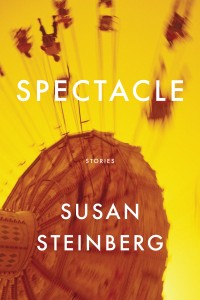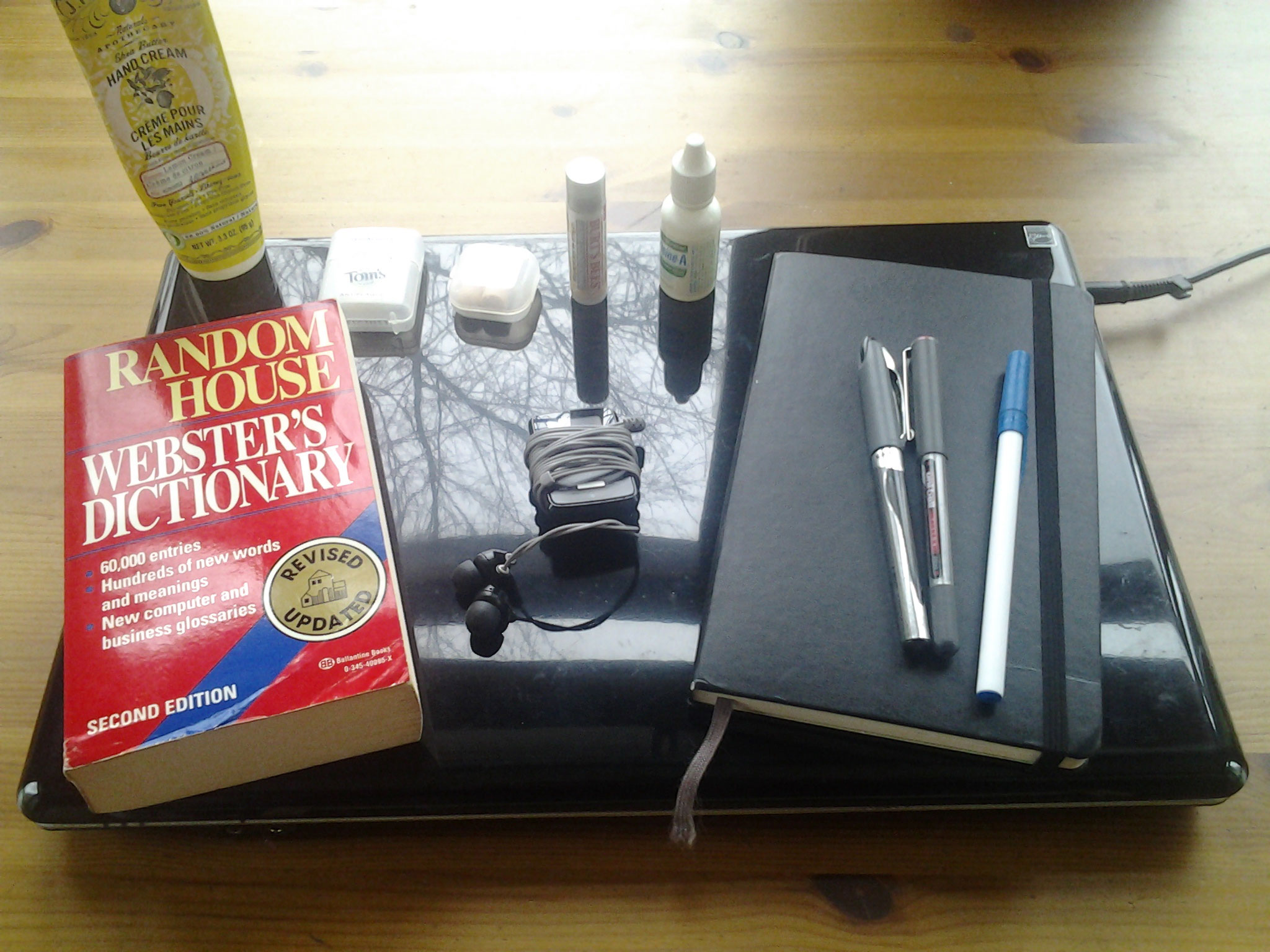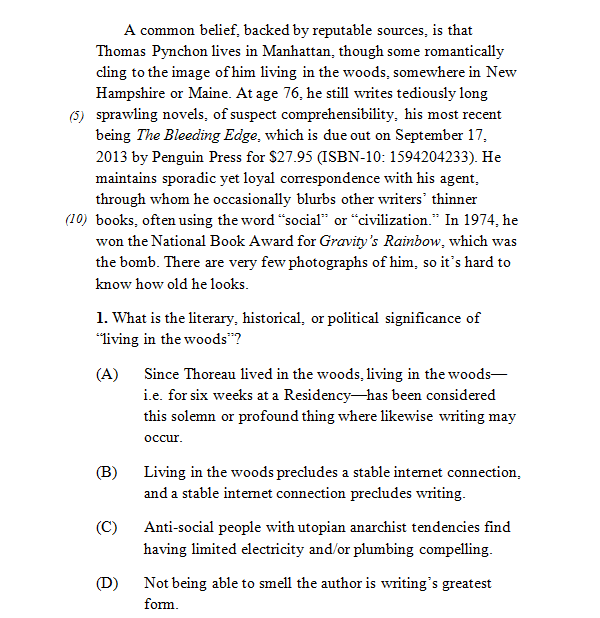Syllabus Share
(Thank you HTML Giant, for many wonderful years, for impacting my life in magical ways, for being my friend. xoxo)
This is something I’m teaching right now:
ENGL 534: FORM & TECHNIQUE IN FICTION
PUNCTUATION!
COURSE DESCRIPTION
In this class that focuses on punctuation—take a deep breath now—you will be writing a novel. A complete first draft of a novel: in this class. Yay!
COURSE GOALS
Through this class, you should expect to achieve the following goals:
- Develop a complex and sophisticated use of punctuation;
- Read Ulysses;
- Write a novella[1]
REQUIRED TEXTS
Gabler edition of James Joyce’s Ulysses
High Fives
Cool poem-video of “High-Fives” by Ben Mirov from his poetry collection Hider Roser, (Octopus Books). The video was directed and produced by Dan Lichtenberg:
April 23rd, 2014 / 10:00 am
Cultural Violence Illustrated
Inequality continues to take dramatic new forms, evolving and building on itself at the speed of transaction and at an inconceivable scale with a voided structure that can be more easily compared to a feudal economy than an economy of the 20c Post War period of American power.

Essay on things poets do when they decide to “sell-out,” e.g., how ridiculous their fall-back plans are. “Better just suck it up and write a bestselling novel.” “Translate poetry.” “Design board games.” “Invent a drink.” — #9 of 11 essays Zach Savich isn’t writing about contemporary poetry (over at the Philadelphia Review of Books)
STARK WEEK INTERLUDE: SLampson and the Mermaid
This is what happens when a poet meets a mermaid on Second Life, a 3D world where everyone you see is a real person and every place you visit is built by people just like you.

[19:31] SLampsonSLarkweather: Hail, Hail, the kid can swim!
[19:32] rigar yumsfeld: kid?
[19:32] SLampsonSLarkweather: I scream even more, you’re all here to see me bleed, run down roosters, bees, the buoyancy of already gone, I was just playing
[19:32] SLampsonSLarkweather: FISH OUT OF WATER.
[19:33] rigar yumsfeld: haha
[19:33] SLampsonSLarkweather: So I float. So I kick and scream for no other reason than being born.
[19:33] rigar yumsfeld: haha you could float
[19:34] rigar yumsfeld: :)
[19:35] SLampsonSLarkweather: We whored our pool via free advertising. Paid through the nose. “Above ground” is a term I still don’t understand.
[19:37] rigar yumsfeld: haha yeah
[19:38] SLampsonSLarkweather: We all come out swimming. Not a lifeguard for miles. They called me White Lightning in the stands, but nobody knew my name was Doubled-Over, that I peed my pants simply to stay warm.
[19:38] SLampsonSLarkweather: What can you do?
[19:38] rigar yumsfeld: what you mean?
[19:40] SLampsonSLarkweather: I mean that You believe in words. Their power. Weight.
[19:40] SLampsonSLarkweather: Like some kind of nerd.
[19:40] SLampsonSLarkweather: imagine this as music.
[19:40] SLampsonSLarkweather: dunzo
[19:40] SLampsonSLarkweather: now where to go
[19:41] rigar yumsfeld: idk wtf you are talkign bout
[19:43] SLampsonSLarkweather: clusterfucks aren’t a breakfast cereal.
[19:44] SLampsonSLarkweather: I’m telling you the clouds point to us, too.
[19:49] rigar yumsfeld: sorry im at work
[19:51] SLampsonSLarkweather: Instead of a raise, my job offered to get me a new chair, in the form of one of those giant exercise balls.
[19:53] SLampsonSLarkweather: As if I don’t realize they are actually saving money by buying me a plastic ball for a chair.
[19:53] rigar yumsfeld: I dont need a raise
[19:53] rigar yumsfeld: ^^
[19:55] SLampsonSLarkweather: i can do anything with money.
[19:55] SLampsonSLarkweather: i’ll show you if you give me the money.
[19:55] rigar yumsfeld: lol
[19:57] SLampsonSLarkweather: Have you noticed all the commercials these days are trying to cash in on the economic crisis?
[19:58] rigar yumsfeld: yeah :P
[19:58] rigar yumsfeld: well I better get going
[20:00] SLampsonSLarkweather: I’d love to partake
[20:00] SLampsonSLarkweather: but i’ve got umbrellas and promises to break
[20:01] SLampsonSLarkweather: and miles to go before this roofie wears off.
[19:58] rigar yumsfeld: you are fucking weird man
[Note: This dumb thing was inspired by this broadside from Rye House Press.]
July 16th, 2013 / 4:15 am
How I wrote my latest novel, part 2
Last week, I documented how I came up with the initial idea for my latest novel—“Lisa & Charlie & Mark & Suzi & Monica & Tyrell,” which I was then calling “The Porn Novel”—and how I simultaneously began exploring that idea and laying out some basic formal parameters. I also provided a general overview of my general writing process. Today I’ll cover how I finished this initial exploratory period and settled into a stronger sense of the project as whole. Again, my hope is that these posts will prove useful to other writers, and interesting to everyone on God’s green earth. Because I remember very clearly that, during the decade I spent writing my first novel, Giant Slugs, I often felt frustrated and confused. And while every writer must figure ultimately things out for her or himself, some of my strategies and methods might prove theft-worthy—or at least provide a good laugh.
So I’d gotten to the point where I’d translated the original idea (“a pornographic novel that doesn’t contain any sex”) into a more specific approach: six chapters featuring six friends meeting up for six meals. I knew that each chapter was going to be long, to make the absence of salacious material more palpable. And I’d whipped up some character names, and sketched out a list of potential meals.
I also tried estimating how long each chapter would have to be. I decided that, in order to convey the proper feel, the first five chapters should be at least 20 pages each, and that the final chapter (the group dinner) should be longer—at least 30 pages. That added up to 130 pages minimum, which felt like the shortest the project could be. I translated that into word counts, since I think better that way (for one thing, I always single-space my manuscripts, since years of teaching/grading, not to mention taking writing workshops, have led me to despise the look of double-spaced manuscripts). I had a sense that the project would be dialogue-heavy and not contain any long paragraphs, running maybe 250 words/page. Hence, the projected numbers worked out to 5000+ words apiece for chapters 1–5, and 7500+ words for chapter 6. These were just targets, of course, but having a rough idea of what I’m aiming at helps me pace myself, and estimate how long the writing will take.
I also started my writing journal. I use Excel for this and it’s nothing extravagant; I just note each time that I work, and jot down a few words as to what I did. I also track the word counts as they change (using blue for increases and red for decreases). And while this habit of mine is probably the sign of a diseased mind, it helps keep me motivated, encouraging me to “log in” every day, and stick to my routine. It’s not unlike tracking my workout routines, or the movies that I watch. Plus it yields data I can later analyze, which is the only thing that sustains me through the long cold Chicago winter. (Dear NSA, I hear you had an opening recently? Call me!)
Now before you think me entirely insane, consider this. I have a simple litmus test for what enters/exits my writing routine: is it fun? I write a lot, and want to enjoy it, and make it something I look forward to doing. As such, I’m always looking for little ways to reward myself, and to make the situation more pleasant / less stressful.
For example: when I was younger and writing only fitfully, I mostly wrote late at night, even though I never had much success doing that. Writing was something I did after stressing out about it all day, feeling guilty about not having gotten any work done. After a decade or more of that, I switched to writing in the morning—and, believe me, I did not think I was a morning person at that time. But I started living with a yoga instructor who taught early morning classes. So I started getting up at 5 AM and, amazingly, I discovered that I was much more productive and happier when I wrote then. (I also realized that predawn is my favorite time of day.) That experience taught me to examine the rest of my writing routine, and to try making it more enjoyable overall. So my Excel files are in some sense silly, yes—but they are my only friends, and I name them, and I love them.
Here’s a snapshot of the journal that I made:
How I wrote my latest novel, part 1
I’ve wanted for a while now to try writing a story “live” here, posting my work as I went from initial idea to finished piece. I might still do that, but for now, here’s a related series of posts. I spent the past forty days writing a new novel (“Lisa & Charlie & Mark & Suzi & Monica & Tyrell,” though my working title was “The Porn Novel”), and want to share with you how I did that. My hope is this will prove less an exercise in vanity and more something instructive—like, you might want to do the exact opposite of me.
Let me state up front that I don’t think there’s any one way to write novels, or fiction, and I don’t approach all of my projects in the same way. And what works for me may not work for you. But I have developed some basic procedures that I find useful and that you might enjoy trying. Also, this time around, I encountered some formal problems that should make for good discussion.
I write pretty quickly, but forty days is the fastest I’ve written a novel. (This is the third one I’ve really completed.) My first novel, Giant Slugs, took nearly a decade from start to finish, during which time I wrote three completely different versions of the book. That experience was, on the whole, difficult and often mystifying. Only in the final two years, when I wrote the final version of the novel, did I feel as though I understood what I was doing, and even then I felt crazily out of control most of the time. I had by then a Master’s in Creative Writing, but never received much instruction in novels, so I had to figure out a great deal on my own. (Perhaps that’s inevitable?)
I wrote my second novel, “The New Boyfriend” (still unpublished) as an anti-Giant Slugs: whereas GS is a mock-epic with dozens of characters and locations, covering several years, “TNBF” is a single scene featuring four characters, set in a single location on a Sunday afternoon/evening. That project took me seventy-five days total, which taught me that time is a resource, and some projects take less of it than others. I’m sure I’ll return to more time-intensive projects later, but for now, I’m having fun sprinting.
Recently I’ve wanted to try writing a novel in one month, and when I dreamed up this new project, it seemed a good candidate for that. (And, no, I’ve never done NaNoWriMo, though I have done the 3-Day Novel Contest about six times. I learned a lot from doing the 3-Day, but never produced what I’d consider a finished novel.)
Extreme Close-ups of Dogs I Walk

This is Ezra. He used to try to bite me when I’d go to put his harness on, which made walking him sometimes very precarious, but he recently had a urinary tract infection (an urinary tract infection?), and, well, now he doesn’t try to bite me anymore.
Luke Goebel interviews Susan Steinberg
 Susan Steinberg’s new fiction collection, SPECTACLE (Graywolf), is a series of linked and formally-inventive short stories told by female narrators who are dealing with catastrophic as well as domestic tragedies.
Susan Steinberg’s new fiction collection, SPECTACLE (Graywolf), is a series of linked and formally-inventive short stories told by female narrators who are dealing with catastrophic as well as domestic tragedies.
The narrators of a seemingly singular history convey the stories, but are not (Steinberg says) the same narrator—or at least they weren’t written, if I understand Steinberg, as a continuous narrator. So, in this book the same events in two stories can be changed depending on which unnamed narrator—of roughly the same age, build, hair color, and city of origin as Steinberg—is narrating the SPECTACLE. This structure creates a narrative that overlaps, readdresses, carries over pain and learned approaches, and anxiety—the consummate whole getting higher in fever pitch until disaster and ultimately catharsis are reached.
SPECTACLE is an apt title—because the events of the world, the spectacles, and conflicts make narrators who are strong and clever and aware, unable to escape the pressures that build around them and at times the pressures that fall from above. Steinberg’s narrators are powerful, seductive, wounded, and aware of their roles, their performance of gender, identity, and “self.” They are tough.
SPECTACLE has been praised by the New Yorker, nominated for the year’s O’Connor Prize, and reviewed at Bookslut, Publishers Weekly (starred review), SF Chronicle, and at no shortage of other places where “experimental fiction” is most often passed over, proscribed, verboten!
Why is this book getting unvarying attention? Of course it is many things, none so much I might suggest as important as voice—replete with sex, confession, revelation, and genuine risk.
While Steinberg is not telling the factual truth in these stories, she is doing something crafted with such risqué confession that readers take her stories as factual (I admit I did. Even though I knew “better.” Even though she was my first writing teacher and taught me that fiction is fiction). Readers conflate Steinberg with her narrator(s)—and reading this book you see instantly that this is a position of danger for any writer. Because maybe you can’t make this crazy up. Because there’s risk in really talking about one’s gender. Because it isn’t crazy; it’s genius. It’s truth. These speakers are so solipsistic they lose identity, become universal in their extreme isolation and anxiety—they retain awareness and becoming weaponized in awareness of gender.
This collection can be read as an experimental novel composed of many fictions forming an aggregate and rupturing whole. Here is one you cannot look away from, which implicates the minds and bodies of the readers, which reveals what has remained taboo far too long. These stories are not political, not ideological—they are honest in such a way as to make them threatening and unnerving and difficult to talk about.
LBG: Do you mind if we start with something simple, from right off the cover of your book?
S.M.S: I don’t mind.
LBG: Okay. On the back of the book is this synopsis: “SPECTACLE bears witness to alarming and strange incidents: carnival rides and plane crashes, affairs…and amateur porn, vandalism and petty theft. In these stories, wounded women stand at the edge of disaster and risk it all to speak their sharpest secrets.”
LGB: Is this how you see the book? Is that what the book bears witness to—to strange incidents and wounded women at the edge of disaster? Speaking their sharpest secrets?
S.M.S: The book does contain these specific things: affairs, amateur porn, vandalism, planes crashes, and theft. The book also contains the abstractions you mention: secrets and disaster. But had I written the copy, it likely would have mentioned more technical aspects of the book: semi-colons, fragments, one-sentence paragraphs. I tend to think more about the “how” than the “what” when asked what my work is about. But it’s the back of a book. I think readers want the what.
But I don’t think the incidents I write are strange. Do you?



